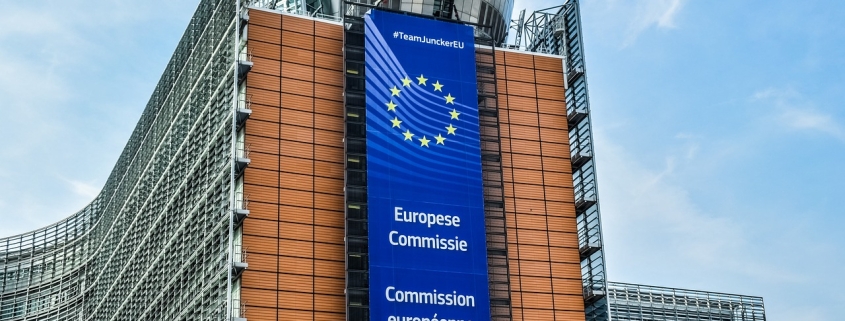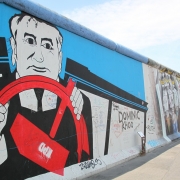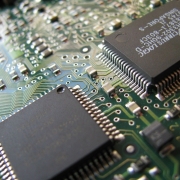When did the European Union start and why?
Topic of Study [For H2 History Students]:
Paper 1: Understanding the Global Economy (1945-2000)
Section B: Essay Writing
Theme II Chapter 1: Problems of economic liberalisation
Historical context: The end of bipolarity and desires for a Common Market
Following the historic collapse of the Berlin Wall on 9 November 1989 that marked the end of the Cold War, the border between East and West is finally opened. Germany was united after more than 40 years, allowing its Eastern half to join the European Communities (EC) in 1990.
Apart from the political integration of Germany, member nations in the EC had expressed growing concerns about the slow economic progress by the mid-1980s. In comparison to rival economies like Japan and the USA, the EC members supported deregulation to boost production and trade.
The introduction of the Single or Internal Market Programme had the effect of launching a new phase in the integration process, spilling over into renewed efforts in institutional reform, reinforced EC social, regional and competition policies, and economic and monetary union. […] The programme was initially presented as an exercise in deregulation and received wholehearted support from the EC member states and business community.
An excerpt from “The European Union: Economics, Policy And History” by Susan Senior Nello.
Maastrict Treaty
European nations engaged in negotiations to anticipate the wave of globalisation in the 1990s. On 7 February 1992, the Maastrict Treaty was signed by twelve founding member states of the EC. Also known as the ‘Treaty on European Union’, it ushered in the next phase of regional integration. For instance, a single currency called the ‘Euro’ was introduced.
In December 1991 at Maastricht, member nations agreed on the Treaty on the European Union (EU), which became informally known as the “Maastricht Treaty”. […]Moreover, as part of the first pillar the Maastricht Treaty also called for an European Economic and Monetary Union (EMU) which entails the creation of the European Central Bank (ECB) and the European single currency, the Euro, by 1999.
An excerpt from “The Path to European Economic and Monetary Union” by Scheherazade S. Rehman.
Impacts of the EU on international trade
With the formation of the EU, the trading bloc had accelerated the increase in intra-regional trade. It coincided with the signing of the North American Free Trade Agreement (NAFTA) of 1994, which was a joint effort between the USA, Mexico and Canada. Overall, the EU did bring about a significant increase in world trade in comparison with NAFTA and Japan.
Trade openness, as measured by the average shares of extra-EU nominal goods exports and imports in GDP, rose from 8 per cent in the early 1960s to about 10 per cent in the late 1990s. Currently, the NAFTA area and Japan show somewhat lower trade shares in GDP, with the former increasing its share over the period. Since the mid-1980s, the European Union and Japanese trade have shown a decline. This is largely due to relative price changes of energy and raw materials.
An excerpt from “The European Union’s Trade Policies and their Economic Effects” by Peter Hoeller Nathalie Girouard and Alessandra Colecchia.
What can we learn from this article?
Consider the following question:
– How far do you agree that Europe had played a significant role in trade liberalisation?
Join our JC History Tuition to learn more about the growth of the Global Economy. The H2 and H1 History Tuition feature online discussion and writing practices to enhance your knowledge application skills. Get useful study notes and clarify your doubts on the subject with the tutor. You can also follow our Telegram Channel to get useful updates.
We have other JC tuition classes, such as JC Math Tuition and JC Chemistry Tuition. For Secondary Tuition, we provide Secondary English Tuition, Secondary Math tuition, Secondary Chemistry Tuition, Social Studies Tuition, Geography, History Tuition and Secondary Economics Tuition. For Primary Tuition, we have Primary English, Math and Science Tuition. Call 9658 5789 to find out more.











